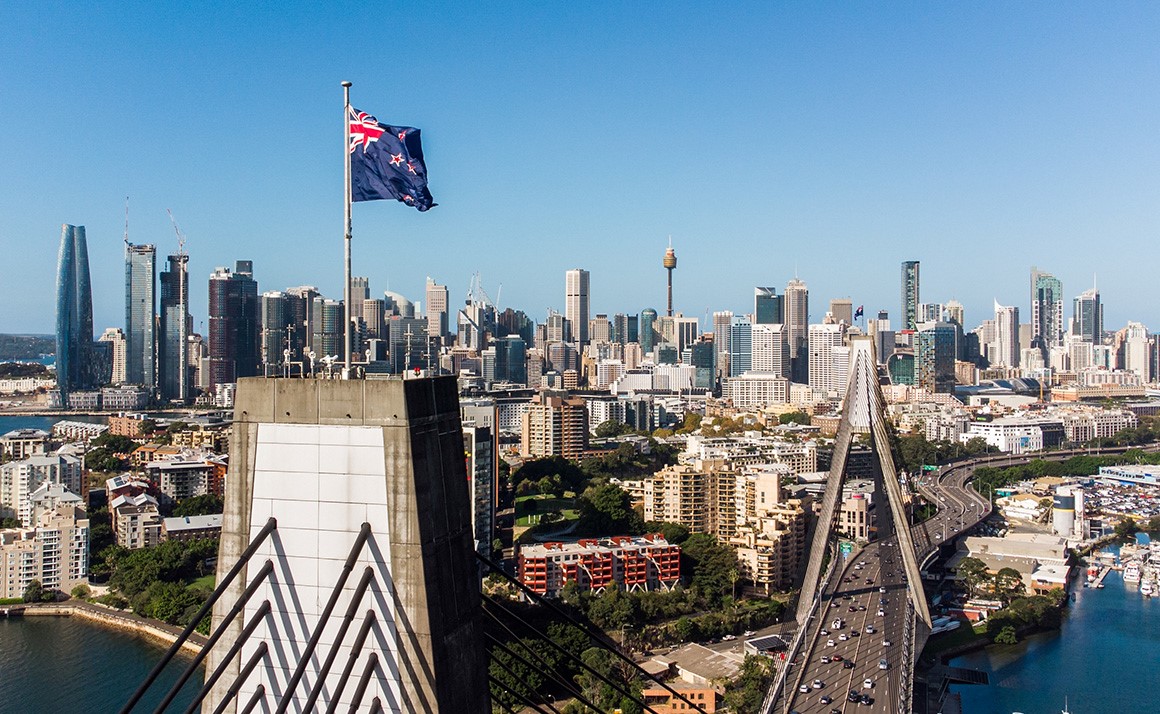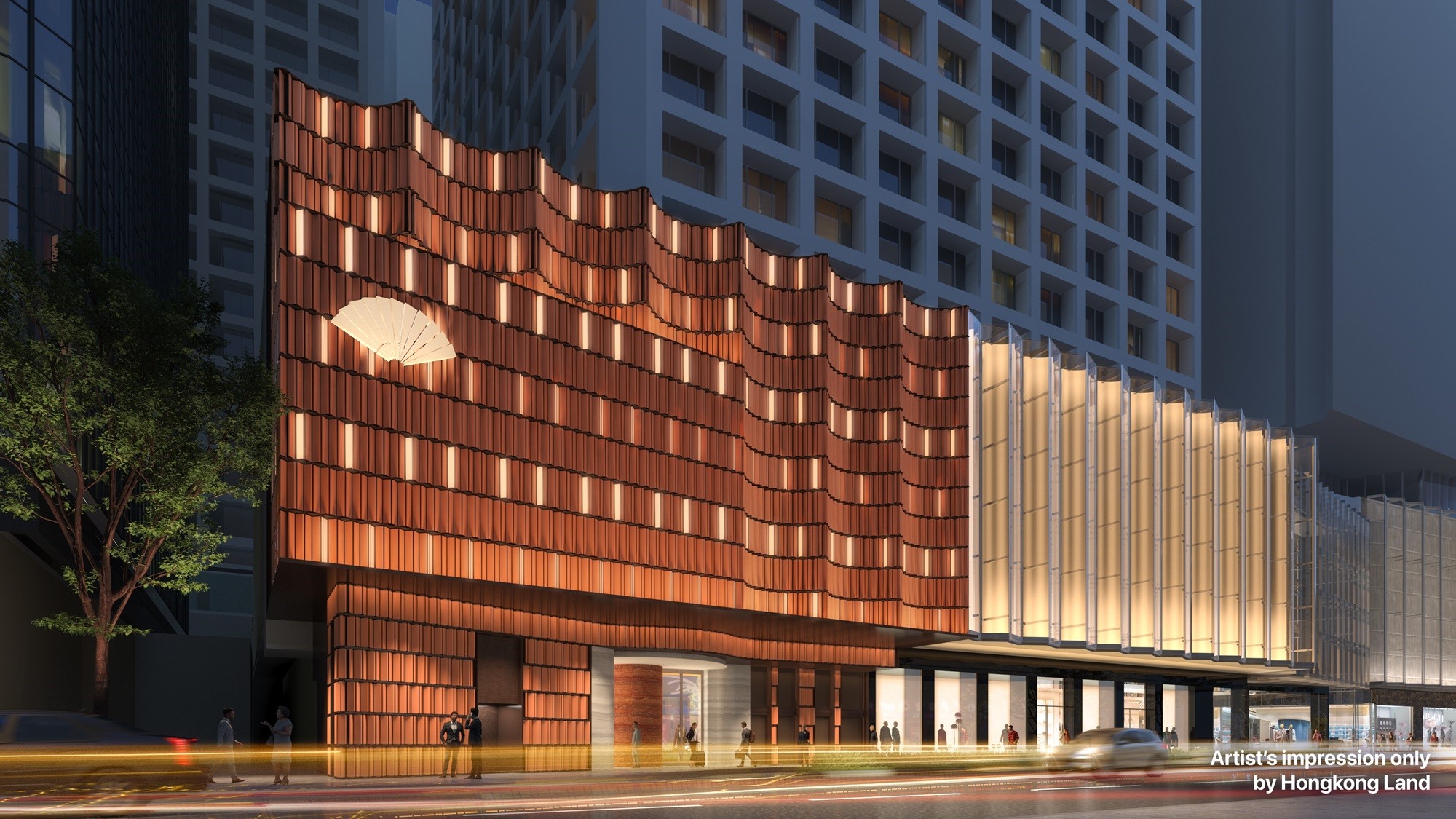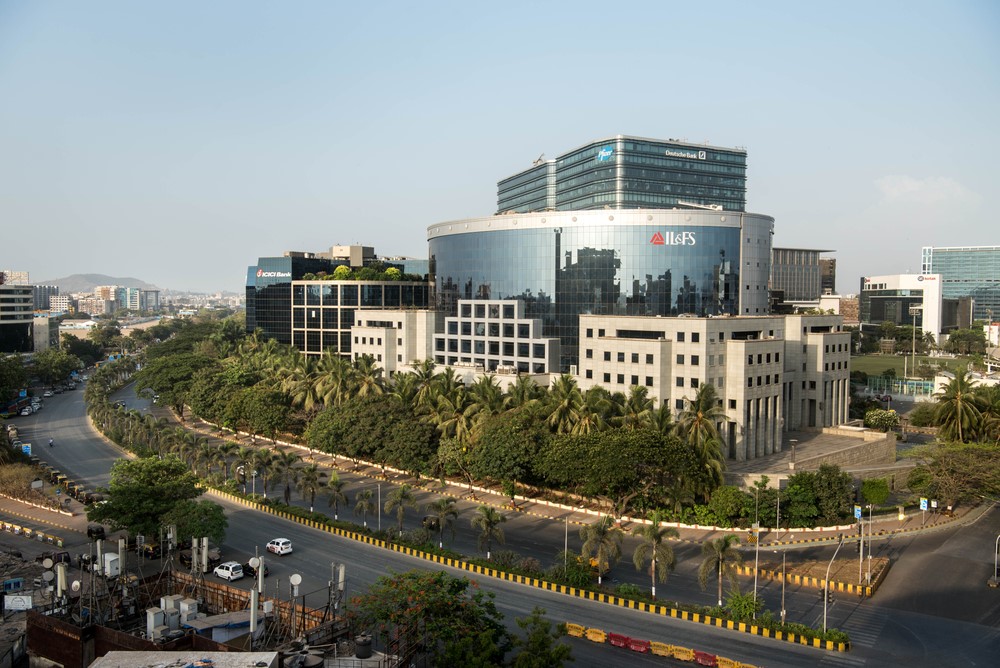
Korea and Australia lead recovery in divergent Asia Pacific investment market
Discover how commercial real estate transactions rebounded in South Korea and Australia in H1 2024, while markets across Asia Pacific show mixed fortunes with diverging trends.
Commercial real estate transactions bounced back in the first half of 2024 in Korea and Australia, however real estate fortunes vary dramatically across Asia Pacific.
Data from MSCI Real Assets show real estate transaction volumes in South Korea and Australia rose 20% and 5% respectively, compared with the same period in 2023. MSCI pointed to the office sector being a major contributor to recovering volumes in both markets. Overall investment volumes were down 7%.
However, the outlook for the region’s real estate markets remains widely divergent. “It is impossible to generalise about Asia Pacific real estate markets,” says Simon Smith, Head of Asia Pacific Research & Consultancy at Savills. “The picture is different everywhere you look. Both Korea and Australia have seen volumes recover, for example, but the drivers are different.”
The willingness of Australian asset owners to adjust prices has sparked activity amongst buyers. MSCI data show a 20% fall in office values from the recent peak. However in Seoul, the strong office rental market has supported prices and activity, although transactions slowed in the second quarter.
The biggest drop in transaction volumes (49%) came in Singapore, where office values have scarcely changed and transactions have been stagnating. However, the completion of the sale of Mapletree Anson, a $575 million office block, at a yield of 3.8% is tipped to move the market, as the sale reflects a yield 30-50 basis points above the valuations of many other prime office buildings.
Hong Kong also saw volumes fall in the first half, by 30%, and continued price falls across the major sectors. “Hong Kong is battling a slow China economy and oversupply in the retail and office sectors,” says Smith.
The region’s largest investment market, China, continued to show falls in transaction volumes, although sales of hotels, multifamily residential/serviced apartments and retail rose in the first half. James Macdonald, Head of China Research at Savills, says: “End users are sustaining some deal flow in leading cities, but further price adjustments are necessary to attract institutional capital back into core asset classes.”
In the first quarter of this year, Japan recorded record quarterly transaction volumes of $13.4 billion, but a subdued second quarter meant overall first half volumes were down on 2023. Meanwhile Indian transaction volumes rose 7% in the first half of this year, with a particularly strong second quarter.
“Investors continue to be cautious, especially where prices have not fully adjusted to new market circumstances,” says Smith. “Investors may be watching US interest rates, however only a limited number of Asia Pacific markets are strongly influenced by US rates. Nonetheless, there are bright spots all over the region, whether due to lower prices, or better leasing market prospects, for investors willing to take a closer look.”
Further reading:
Seoul Prime Office report
Contact us:
Simon Smith | James Macdonald



